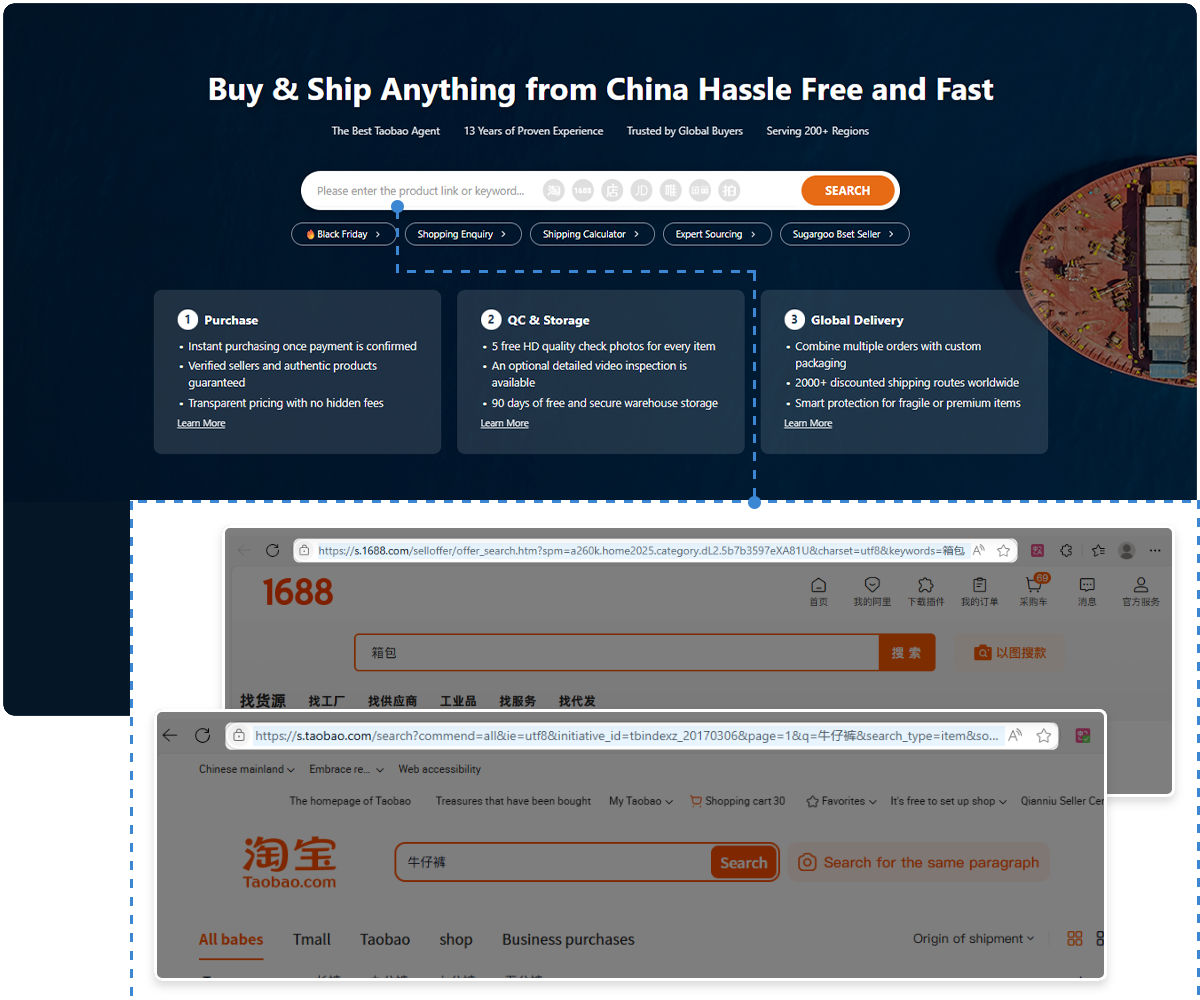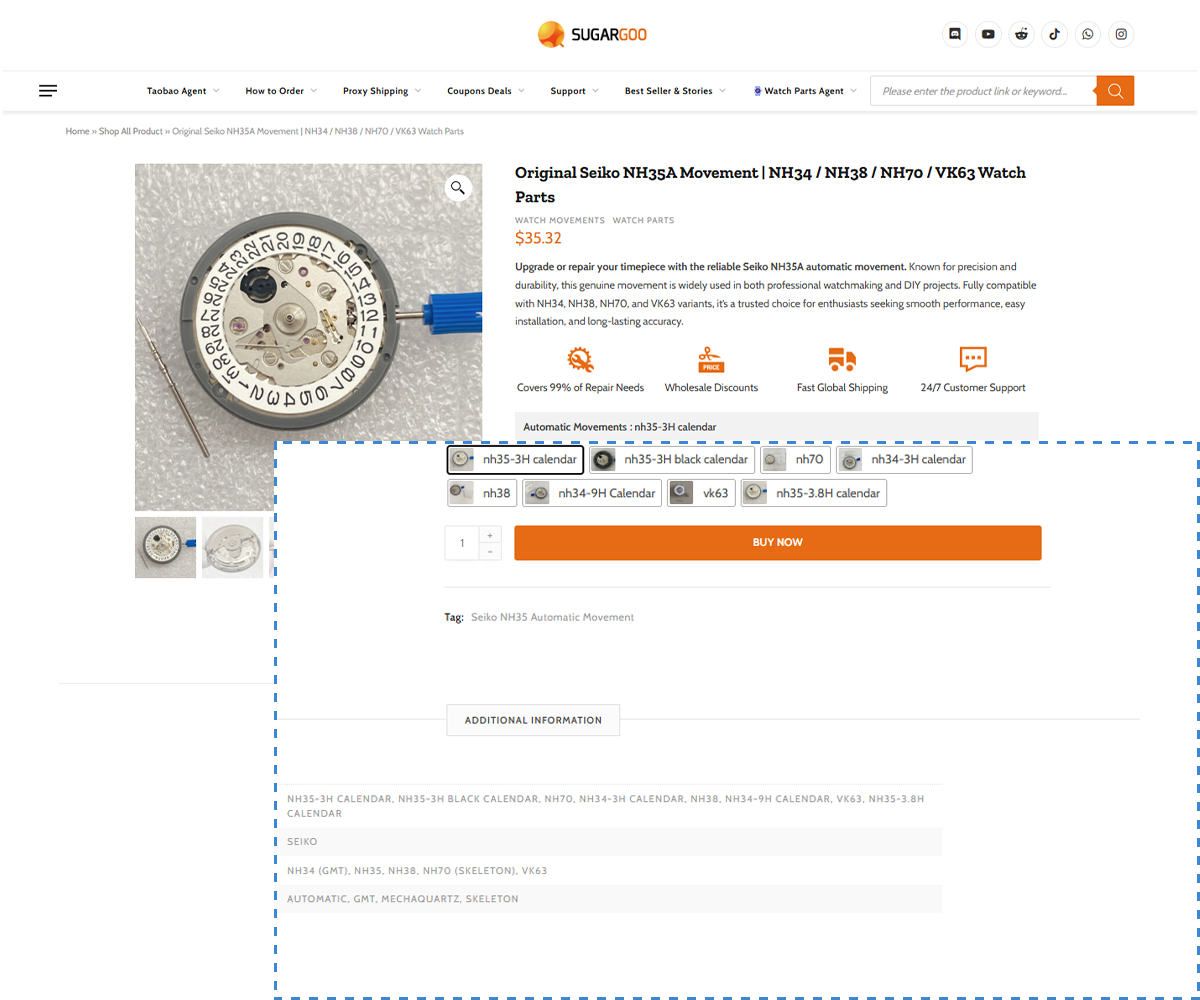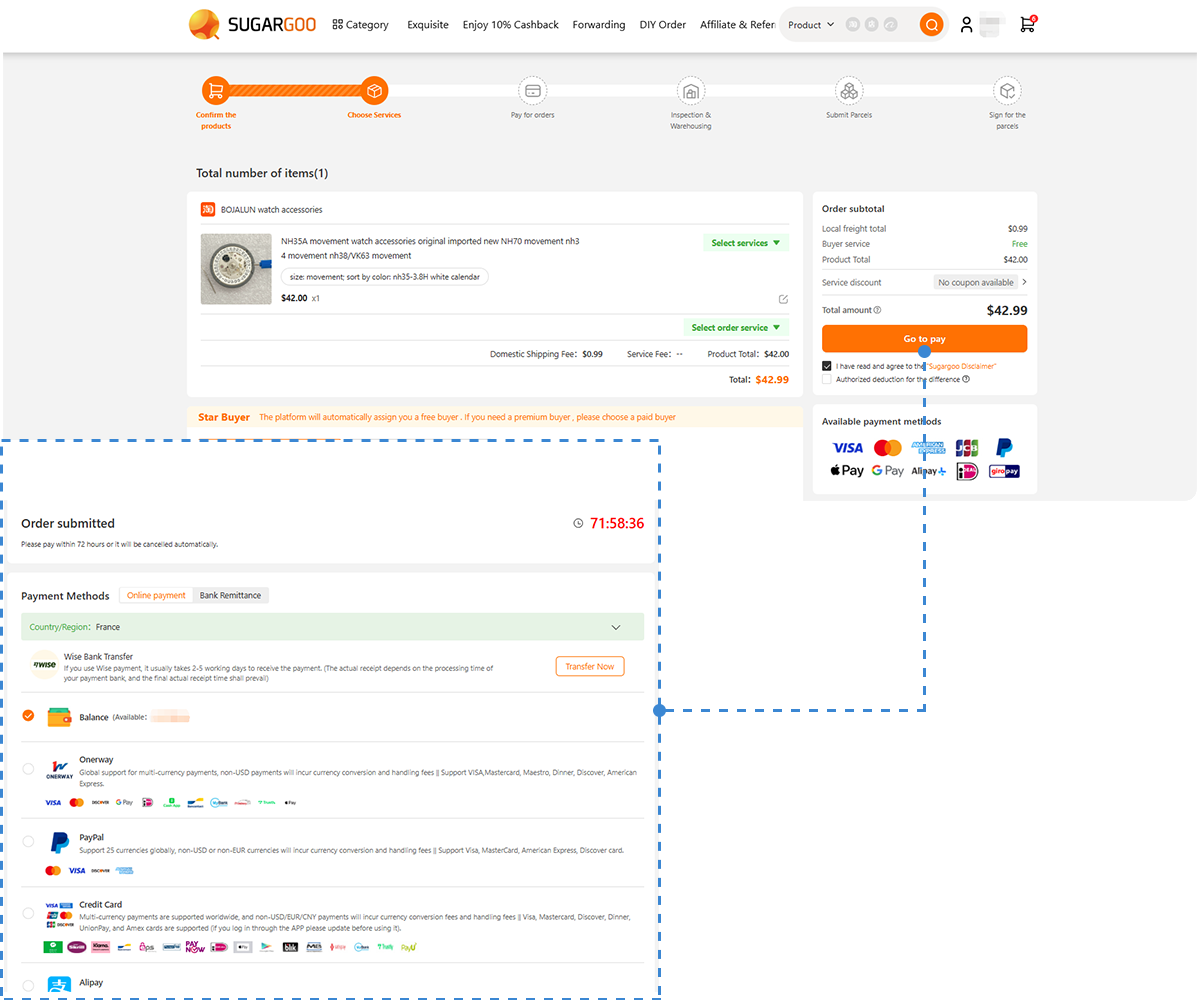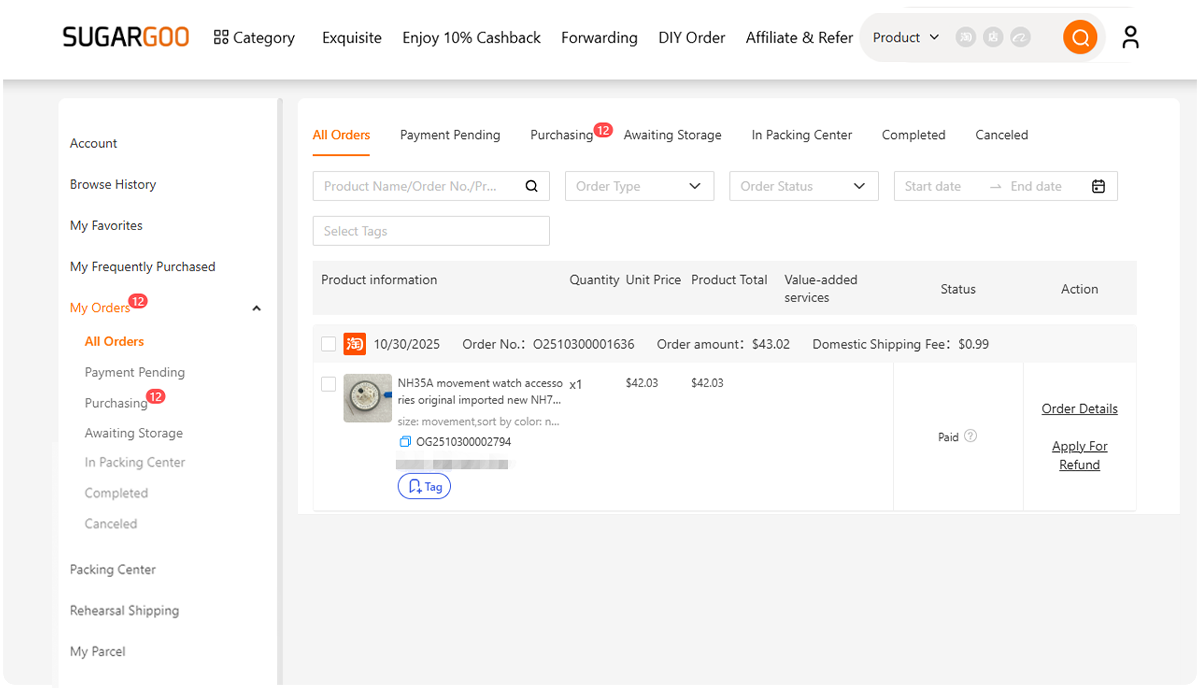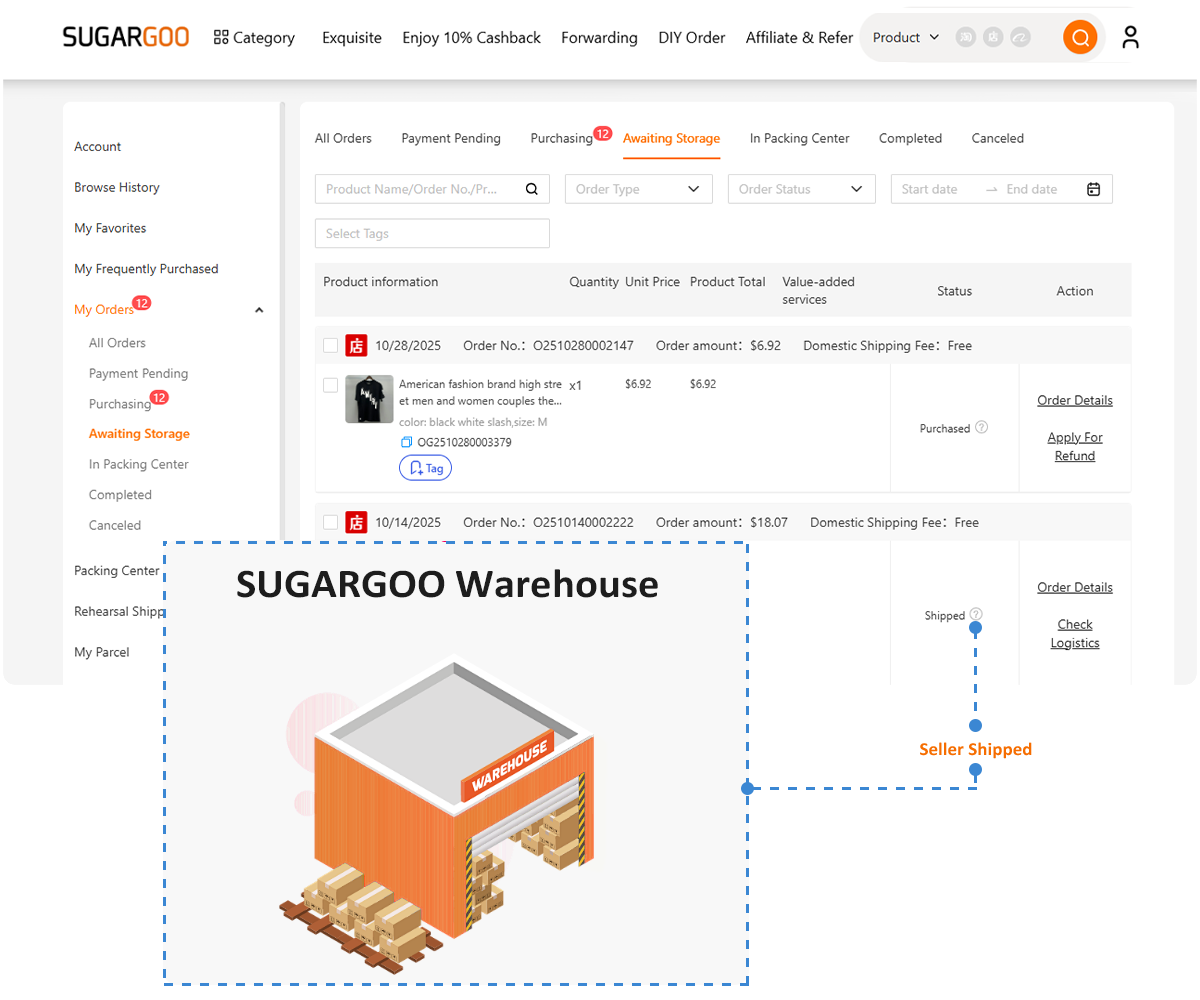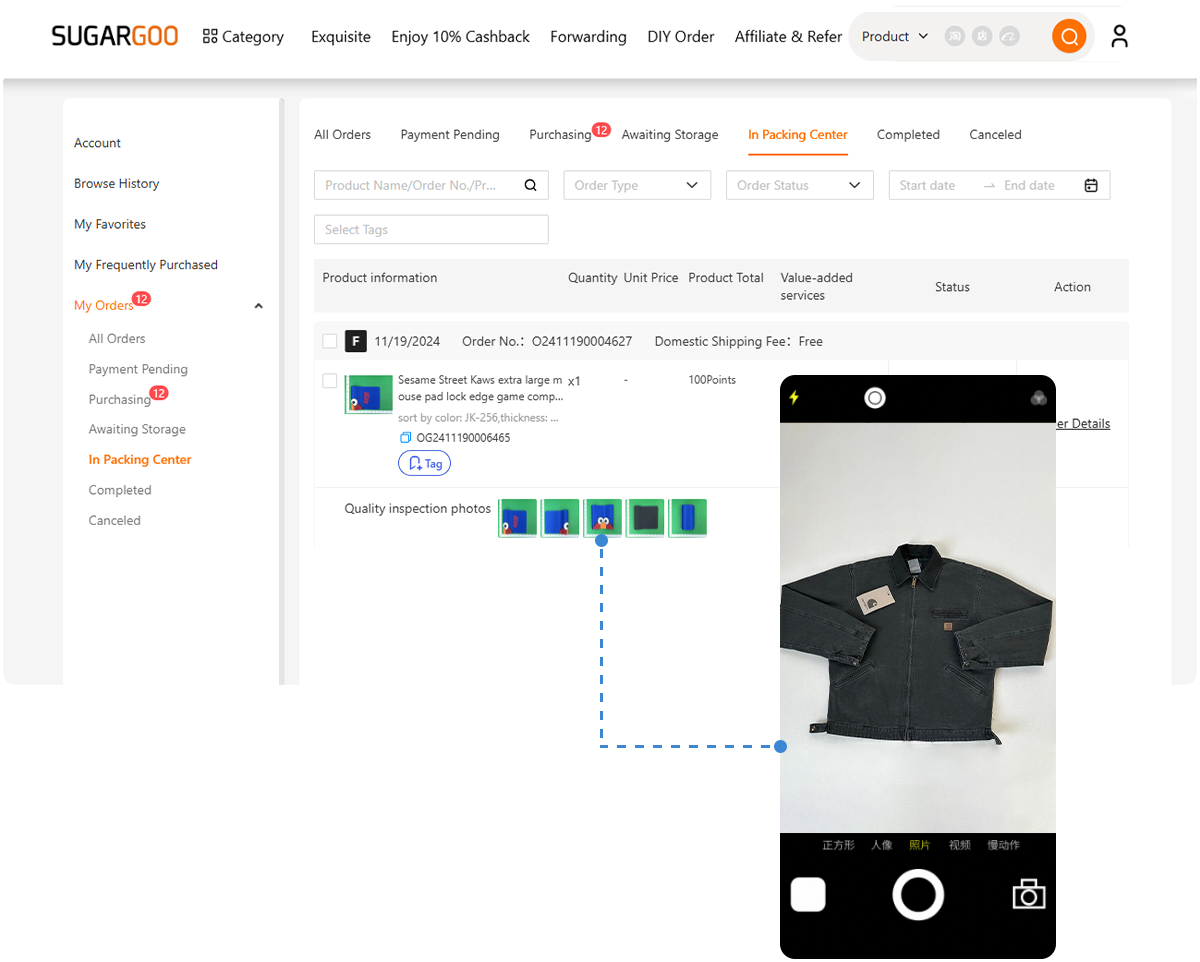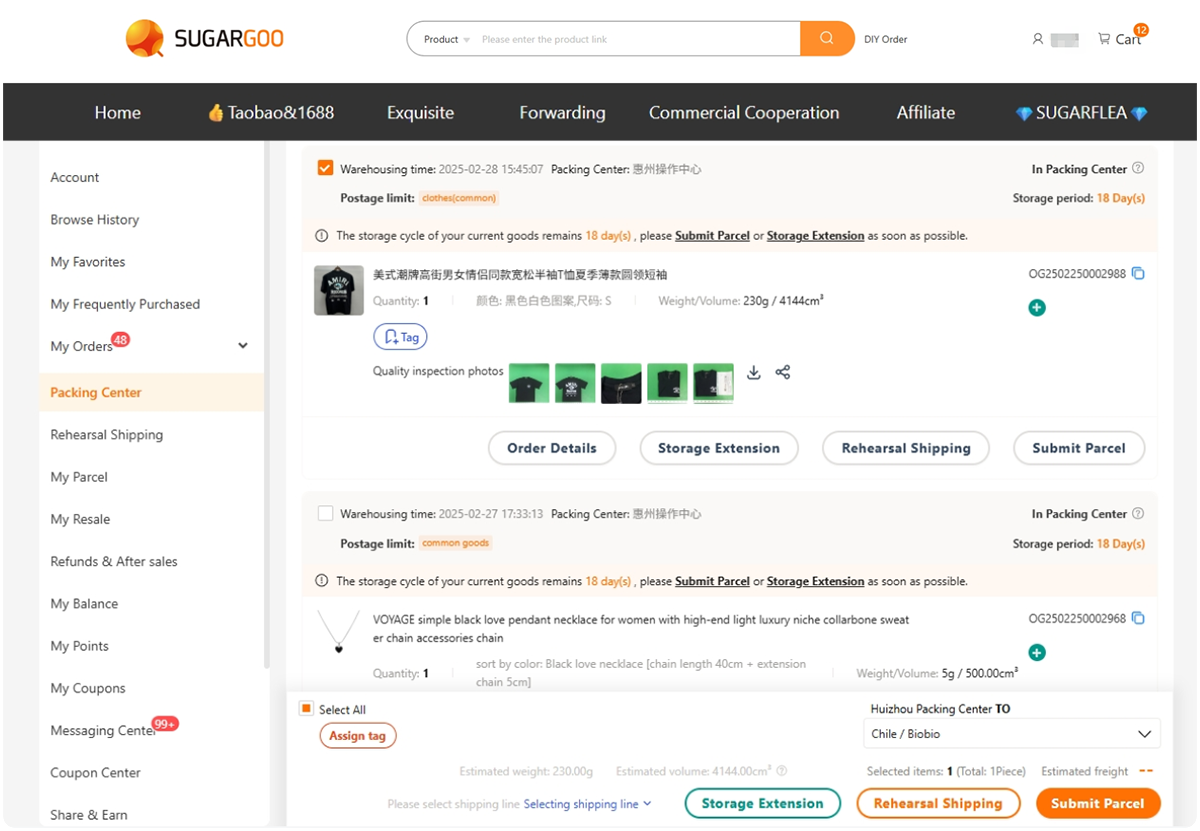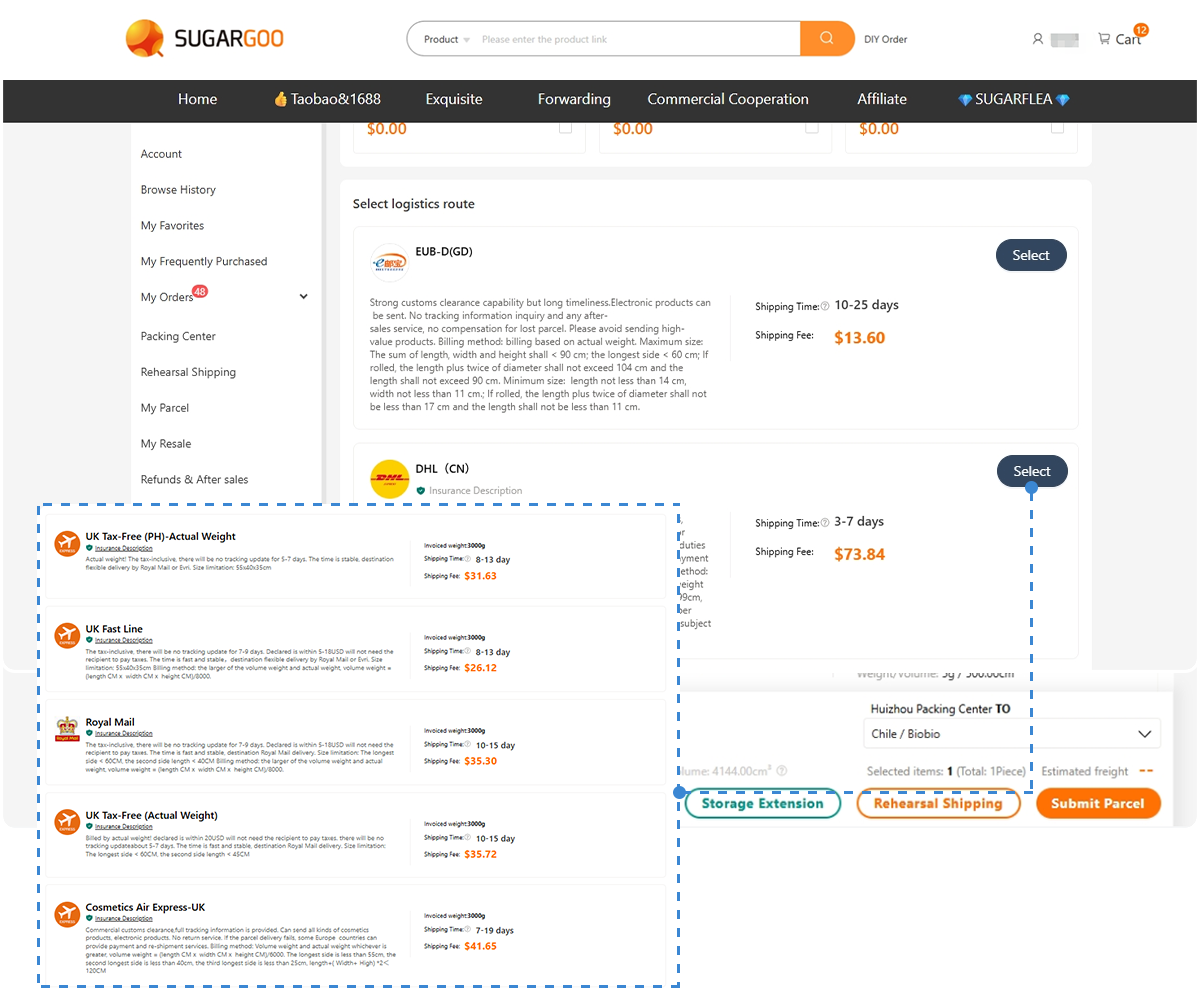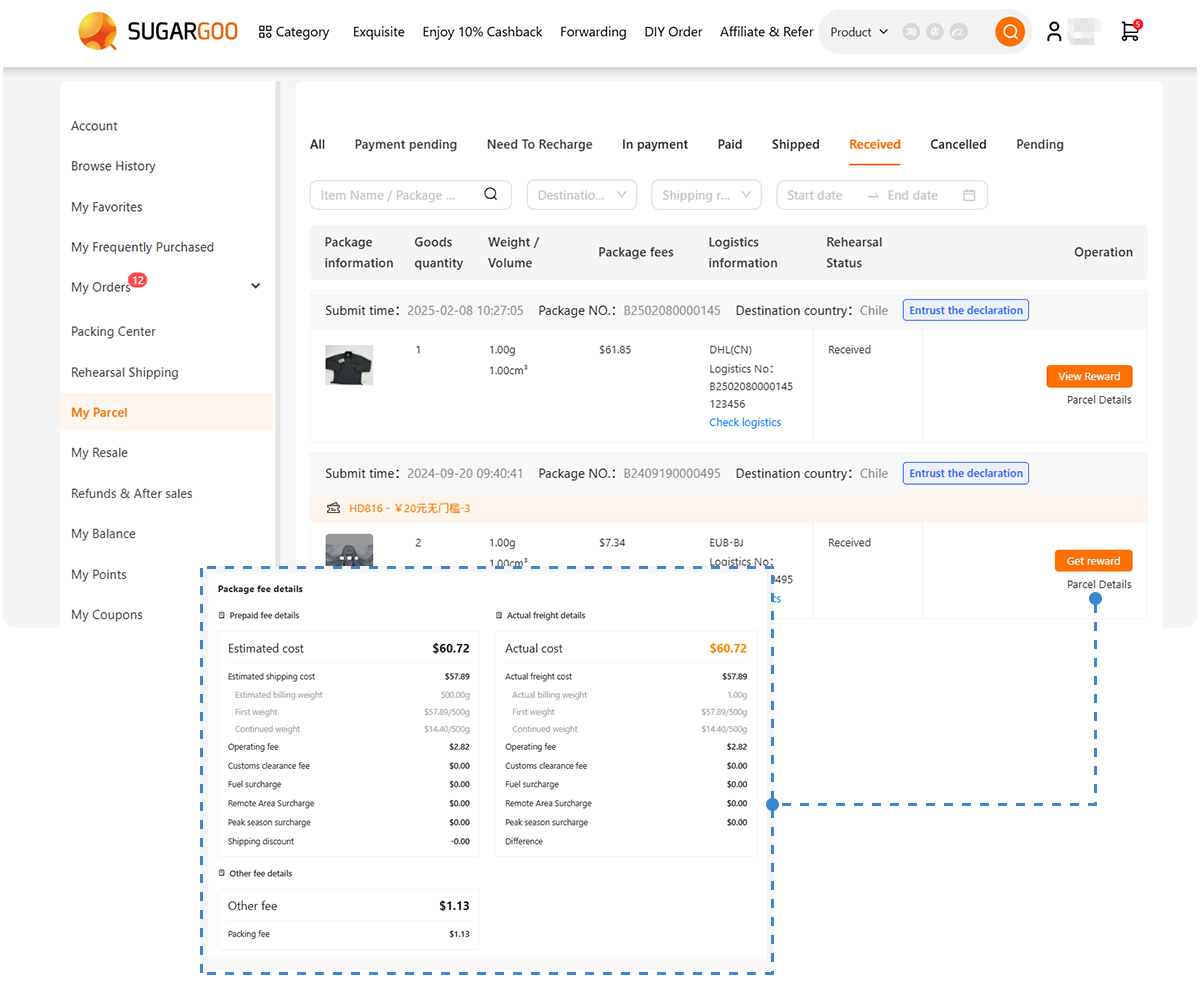If you’ve been looking for ways to buy from China, chances are you’ve run into Taobao and Tmall. At first glance, they look almost the same—both part of Alibaba, both sharing a similar layout. But here’s the real question: are they actually the same, and if not, which one should you choose?
This article walks you through both platforms, highlights how they differ, and explains how you can shop from either one even if you live outside China.
What is Taobao?
Taobao is the online equivalent of a huge flea market. It’s a C2C platform, which means anyone—from a student selling handmade jewelry to a factory pushing out extra stock—can open a shop. The result? Endless variety and often lower prices.
You’ll find:
- Fashion items at bargain prices
- Collectibles, cosplay outfits, niche products
- Gadgets, home accessories, and DIY materials
The flip side is quality control. With so many sellers, the experience can vary. Curious about how it all works? Here’s a Taobao overview.
What is Tmall?
Tmall, by contrast, is Alibaba’s B2C marketplace. Instead of random sellers, only verified brands and licensed distributors are allowed. Think of it as the polished shopping mall version of Taobao.
On Tmall, you’ll see:
- Official brand stores like Nike, Apple, or Xiaomi
- Trusted Chinese brands with full receipts and warranties
- More professional customer service and after-sales guarantees
In short, you pay a little more, but you know you’re getting the real deal. Want more details? Check this Tmall overview.
Key Differences Between Taobao and Tmall
So how do they compare head-to-head?
| Category | Taobao | Tmall |
| Who sells | Anyone: individuals, workshops, small businesses | Verified brands and licensed distributors |
| Product selection | Huge range: budget fashion, quirky gadgets, collectibles | Official brand goods: electronics, apparel, cosmetics |
| Price vs risk | Cheaper overall, but quality varies by seller | Higher prices, but stronger authenticity guarantees |
| Customer support | Depends on individual shop | Standardized brand-level service and warranties |
| Best suited for | Bargain hunters, adventurous shoppers | Shoppers who want assurance and brand reputation |
Want to see how JD and 1688 compare too? Here’s a platform breakdown.
Why Chinese Shoppers Use Both
Locals don’t pick one and ignore the other—they use both depending on the situation.
- If it’s about buying cheap clothes, fun gadgets, or everyday items, they head to Taobao.
- If they want a genuine iPhone, branded sneakers, or a refrigerator with warranty, they go to Tmall.
The choice isn’t about loyalty. It’s about matching the right platform to the right purchase.
Challenges for International Buyers
For overseas shoppers, both platforms come with the same set of barriers:
- Language → The sites are in Mandarin, and automatic translation isn’t perfect.
- Payments → They expect Alipay or Chinese cards, not Mastercard or Visa.
- Shipping → Sellers usually only deliver within China.
- Verification → Some functions need a Chinese ID or phone number.
So, without help, it can feel like you’re locked out. That’s where a shopping agent comes in.
How a Shopping Agent Opens the Door
Agents like Sugargoo make both platforms accessible. Here’s what the process usually looks like:
- Copy the product link → Grab the Taobao or Tmall URL. Not sure how to read Chinese listings? Use this product detail overview.
- Paste into the agent site → Sugargoo shows the item in English. If you need help searching effectively, see this search tutorial.
- Order & pay → Pick your size or model and pay with Visa, or Mastercard. For details, check this payment options breakdown. New to the system? Follow this payment walkthroug.
- Quality check → Once items reach the warehouse, you’ll get photos to confirm QC rules explained.
- Combine parcels → Save on costs by bundling orders (parcel consolidation).
- Protect your items with add-ons and insurance → To keep parcels safe, Sugargoo lets you add delivery add-ons services such as bubble wrap or reinforced boxes. You can also buy shipping insurance—a small fee that covers loss or damage during transit.
- Choose delivery → From express couriers to sea freight, compare methods here: shipping methods overview. Also review this customs and taxes guide.
That’s it. You can now buy from Taobao and buy from Tmall without local payments or shipping hassles.
When to Shop for the Best Deals
It’s not just about where you shop, but also when. Prices on both Taobao and Tmall fluctuate a lot depending on the shopping season.
- Singles’ Day (11.11) → The biggest online sale of the year, with record-breaking discounts.
- 618 Mid-Year Sale → Originally JD’s promotion, but now Taobao and Tmall also join in.
- Chinese New Year sales → Seasonal promotions on food, clothing, and household goods.
- Back-to-school campaigns → Great for electronics, fashion, and sports gear.
Planning your purchase around these dates can make a huge difference. For a complete overview, see this 2025 shopping calendar.
What Shoppers Usually Buy
- On Taobao: budget fashion, collectibles, small furniture, cosplay outfits, DIY supplies.
- On Tmall: branded electronics, luxury cosmetics, official sportswear, large appliances.
It’s not a matter of which is “better.” It’s about choosing the right place for the right type of product.
Final Thoughts
So, Taobao vs Tmall—what’s the verdict? The platforms aren’t rivals. They complement each other. One gives you endless choice and lower prices; the other guarantees authenticity and brand trust.
With a shopping agent, you don’t need to limit yourself. You can use both, mix items from each, and have them shipped together.
Want to try it yourself? Register with Sugargoo, claim your 800 CNY coupon, and see how simple it is to buy from China—whether you prefer Taobao’s variety or Tmall’s authenticity.

